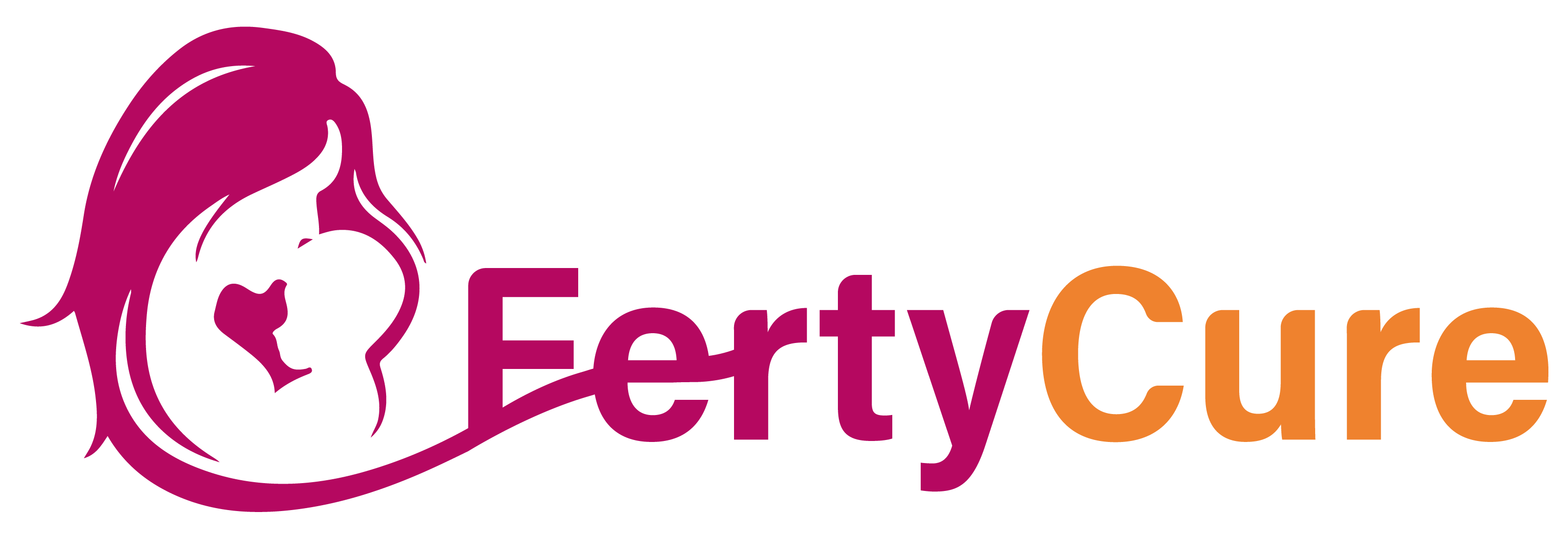Table of Contents
IVF Age Limit in India: What’s the Maximum Age for IVF Treatment?
IVF, or in-vitro fertilization, has emerged as a beacon of hope for countless couples across the world aiming to start a family. India, with its burgeoning medical tourism and cutting-edge healthcare facilities, stands out as a popular destination for IVF treatments. One of the recurrent inquiries from couples and individuals revolves around the IVF age limit in India. If you’re keen to understand this limit and the factors that impact it, you’re at the right place.
1. Understanding the Basics: What is IVF?
In-vitro fertilization is a medical procedure where an egg and sperm are combined outside the body to form an embryo. This embryo is then implanted in the uterus with the hope of achieving a successful pregnancy.
2. Why is Age a Crucial Factor in IVF?
Age plays a pivotal role in fertility treatments for both biological and medical reasons. The quality and quantity of a woman’s eggs decline as she ages, which can significantly impact the chances of IVF success. This is why the IVF age limit in India and other countries often becomes a focal point of discussion among medical professionals and aspiring parents.
3. The Official IVF Age Limit in India
The Indian Council of Medical Research (ICMR) has laid down guidelines concerning the age factor for IVF treatments. As per these guidelines:
- The recommended upper age limit for a woman seeking IVF with her own eggs is 45 years.
- For those considering donor eggs, the age extends a bit further. However, it’s essential to consult with a specialized fertility clinic to understand the specific limitations and risks involved.
These guidelines are in place keeping in mind the welfare of both the potential mother and the child. Beyond this age, the complications associated with pregnancy increase, and the success rate of IVF tends to decline.
4. Technological Advancements and Age
Recent advancements in medical science and technology have indeed blurred the lines of what was once considered the definitive IVF age limit in India. Techniques such as Preimplantation Genetic Screening (PGS) and advancements in egg freezing have given older women renewed hope. However, it’s crucial to comprehend that while technology can aid the process, the biological constraints linked with age remain a constant challenge.
5. Factors Influencing the Success of IVF Beyond Age
Age, while being a critical determinant, isn’t the only factor that plays a role in the success of an IVF treatment. Other elements like:
- The overall health of the individuals
- Uterine condition
- Presence of chronic conditions or diseases
- Lifestyle factors such as smoking, alcohol consumption, and body weight
All play an integral role in determining the likelihood of a successful IVF cycle.
6. Alternatives and Options for Older Aspiring Parents
If a couple or individual is beyond the typical IVF age limit in India, it doesn’t mean the end of the road. There are alternatives to consider:
- Donor Eggs: Many clinics offer IVF treatments using donor eggs for women who might have crossed the typical age limit but are still healthy enough to carry a pregnancy.
- Adoption: While it’s not a fertility treatment per se, adoption remains a heartwarming option for those keen on parenthood.
- Surrogacy: Another option to explore, surrogacy allows another woman to carry and give birth to a baby for couples who cannot conceive on their own.
It’s essential, however, to approach these alternatives with an open heart, and realistic expectations, and after thorough consultations with medical experts.

Conclusion
In conclusion, the IVF age limit in India is indeed an essential consideration for anyone looking into fertility treatments in the country. It’s crucial to keep in mind the biological, medical, and technological facets that play a role in this complex decision. However, every individual is unique, and while age is an influential factor, it’s just one among many.
For those keen to explore IVF treatments in India, it’s always recommended to consult directly with leading fertility clinics to understand the personalized options and potential routes available to you. Remember, medical science and technology are continually evolving, offering renewed hope to many. The path to parenthood, albeit filled with challenges, is also brimming with possibilities
FAQs
How does age affect IVF success rates?
The success rate of IVF treatments generally declines as the age of the woman increases, especially after the age of 35.
What's the recommended age limit for IVF in India?
The ICMR suggests an age limit of 45 for women using their own eggs. Beyond that, donor eggs are advised.
Can I undergo IVF after 45 in India?
Yes, but it's typically recommended to use donor eggs for a higher chance of success.
Why do IVF clinics in India have different age limits?
Each clinic may have its own set of guidelines based on their success rates, experiences, and patient profiles.
Are there health risks associated with IVF for older women?
Yes, older women might face risks like gestational diabetes, hypertension, and increased chances of C-section deliveries.
How does India's IVF age limit compare globally?
India's guidelines are somewhat conservative compared to countries like Spain or the US, which might allow treatments up to the age of 50.
